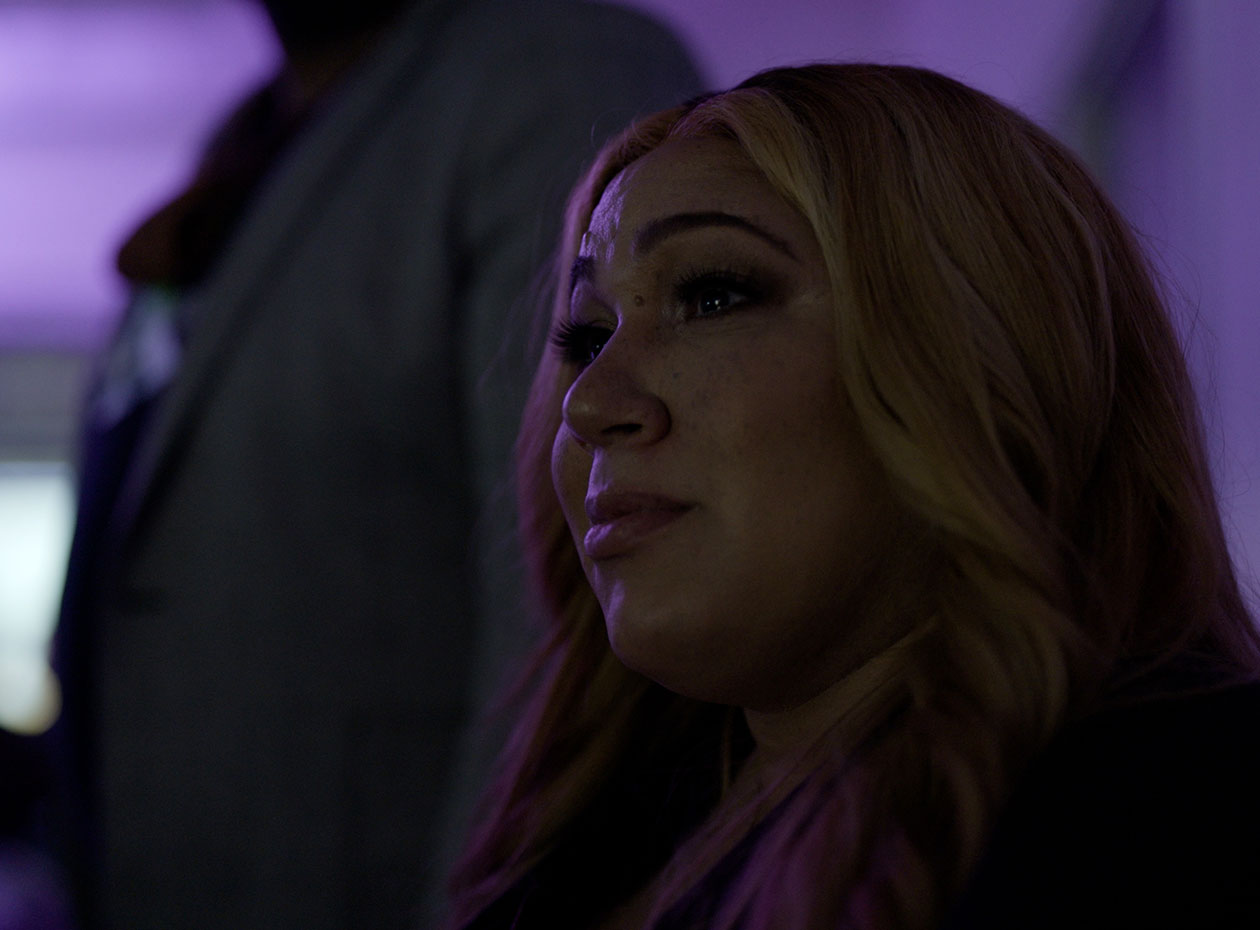ABOUT THE PROJECT
LOGLINE
House of Tulip follows two Black trans activists as they run for office and work to build Louisiana’s first housing refuge that provides residency solely for trans and gender non-conforming residents. We’ll follow the founders as they fight to use their organization to protect and build community in a state with one of the highest murder rates in the country. Their journeys will highlight the dangerous, yet beautiful reality of what it means to be Black trans women in the deep South.
SYNOPSIS
“These aren’t just killings, they’re assassinations. They don’t want to just murder us, they want to kill who we are, our character,” said Milan Sherry. Milan co-founded House of Tulip alongside another local trans activist named Mariah Moore after the two witnessed a rise in violence against their New Orleans based community during the pandemic. House of Tulip is the first housing refuge for transgender and gender non-conforming residents in Louisiana. That’s a big deal when you look at the stats. Today, Black trans women are four times as likely to experience unemployment and violence than the general population. In fact, most trans identifying women don’t live past the age of 35. So when the pandemic hit and they saw an increase in homelessness, Mariah and Milan knew they had to do something to protect their community.
House of Tulip gives an intimate look at what it means to be Black and trans in the deep South through its exploration of the lives and efforts of Mariah and Milan. The film’s documents Mariah’s historic run as the first openly Black Trans woman to run for city council in New Orleans. Her journey is seen through her campaign and activism, as she works alongside Milan to expand the House of Tulip. Despite the constant threat of violence, with the rising rates of gun related deaths against Black trans women in the state, Mariah and Milan put their lives on the line to work towards a better future for themselves and their community. This vérité-style film is not about death and the burden of being a Black trans woman. Instead, it’s a story of hope, resilience, and strength of a tight-knit trans community in the heart of the South.
PROJECT TYPE Documentary Short
DIRECTOR Cydney Tucker
